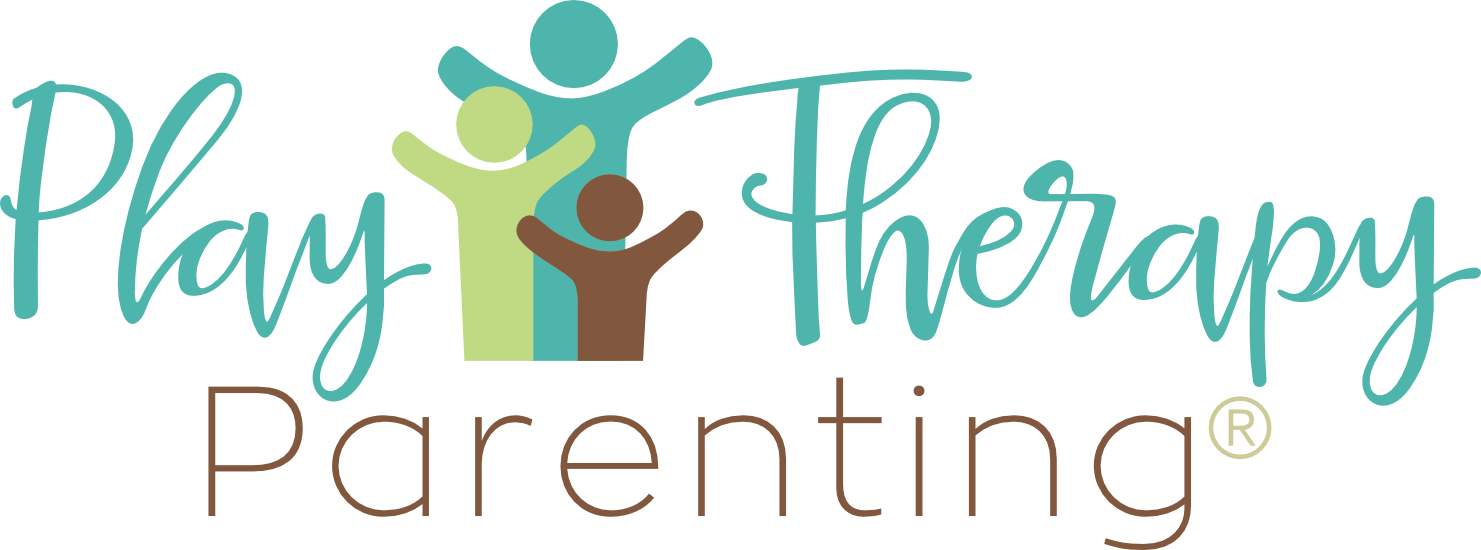S3E5 – Parent Companion for Play Therapy: What the Therapist Does in Session
In this episode of the Parent Companion for Play Therapy series, I answer one of the most common questions parents have: What does a child-centered play therapist actually do? From the outside, it might look like kids are just playing, but in reality, everything the therapist says and does is intentional, skill-based, and grounded in the child-centered psychological theory.
I explain how therapists use reflective responses, offer choices, set limits when needed, and create a safe environment of trust, respect, and unconditional acceptance. I also share the deeper ways a child experiences the therapist’s presence, engagement, and care. The playroom is not about random play — it’s about creating the relationship and environment where your child can become the best version of themselves.
Ask Me Questions: Call (813) 812-5525, or email: [email protected]
My Book: Device Detox: A Parent’s Guide To Reducing Usage, Preventing Tantrums, And Raising Happier Kids – https://a.co/d/bThnKH9
Podcast HQ: https://www.playtherapyparenting.com/
My Newsletter Signup: https://www.playtherapyparenting.com/newsletter/
My Podcast Partner, Gabb Wireless: https://www.playtherapyparenting.com/gabb/
What Does a Child-Centered Play Therapist Do?
As part of our Parent Companion for Play Therapy series, I want to answer one of the most common questions parents have: What does a child-centered play therapist actually do in a session?
From the outside, it may look like your child simply spends an hour playing. But what really happens is intentional, skillful, and deeply therapeutic. Let’s walk through both the mindset a CCPT brings into the playroom and the practical skills we use.
Debunking the Myth: “The Therapist Just Plays”
There is a common misunderstanding that child-centered play therapists just let kids play and “do nothing.” Nothing could be further from the truth.
Every word spoken in the playroom is purposeful. We use a small set of skill-based responses — reflecting content, reflecting feelings, and tracking behavior. These aren’t random comments. Each response is designed to help a child feel seen, heard, and understood.
The “Be With” Attitudes
Beyond words, children experience the presence of the therapist in powerful ways. CCPT therapists embody what are called the “be with” attitudes:
- I’m here.
- I hear you.
- I understand.
- I care.
- I delight in you.
These are never spoken out loud, but children feel them throughout every session. The therapist’s full presence, attunement, and engagement communicates to the child: You matter. You are safe. You are accepted.
Unconditional Acceptance
A child-centered play therapist unconditionally accepts the child — at their best, at their worst, when calm, and when dysregulated. Parents often struggle to maintain unconditional acceptance every moment of every day because family life is exhausting. A therapist, as a neutral third party, provides something children rarely experience elsewhere: unconditional positive regard for an entire session, every week.
This gives children the freedom to be themselves without fear of judgment or rejection.
Respect and Trust
CCPT is built on a foundation of respect and trust. We trust that children are capable of growth, of working through challenges, of learning to regulate and cope. We respect where they are developmentally, what they choose to work on, and the pace at which they need to move.
This respect and trust honors children as full people — not future adults who just need to “get better,” but valuable, capable individuals in the present.
Practical Skills in the Playroom
While the foundation is relationship, there are practical skills always in use:
- Reflecting Content: summarizing what the child has said.
- Reflecting Feelings: naming the emotion the child is showing.
- Tracking Behavior: stating what the child is doing in the moment.
These responses give children connection and understanding. They also practice making choices, which builds decision-making skills and self-esteem.
Sometimes limits are needed for safety or to prevent damage. In those moments, children practice self-control, regulation, and accepting the natural consequences of their choices.
The Bigger Picture
Ultimately, what does a child-centered play therapist do? We create a unique relationship and a unique environment where children can become better versions of themselves.
Children naturally move toward growth when the right conditions are in place: safety, acceptance, presence, and respect. A play therapist provides those conditions. The toys may look simple, but the work being done is profound.
Final Thoughts
CCPT is not “just play.” It is a carefully crafted process that combines theory, skills, presence, and unconditional acceptance to help children grow in self-esteem, emotional vocabulary, resilience, and regulation.
When your child spends an hour each week in that kind of relationship and environment, it provides what they need most: the space and support to grow into their best selves.

